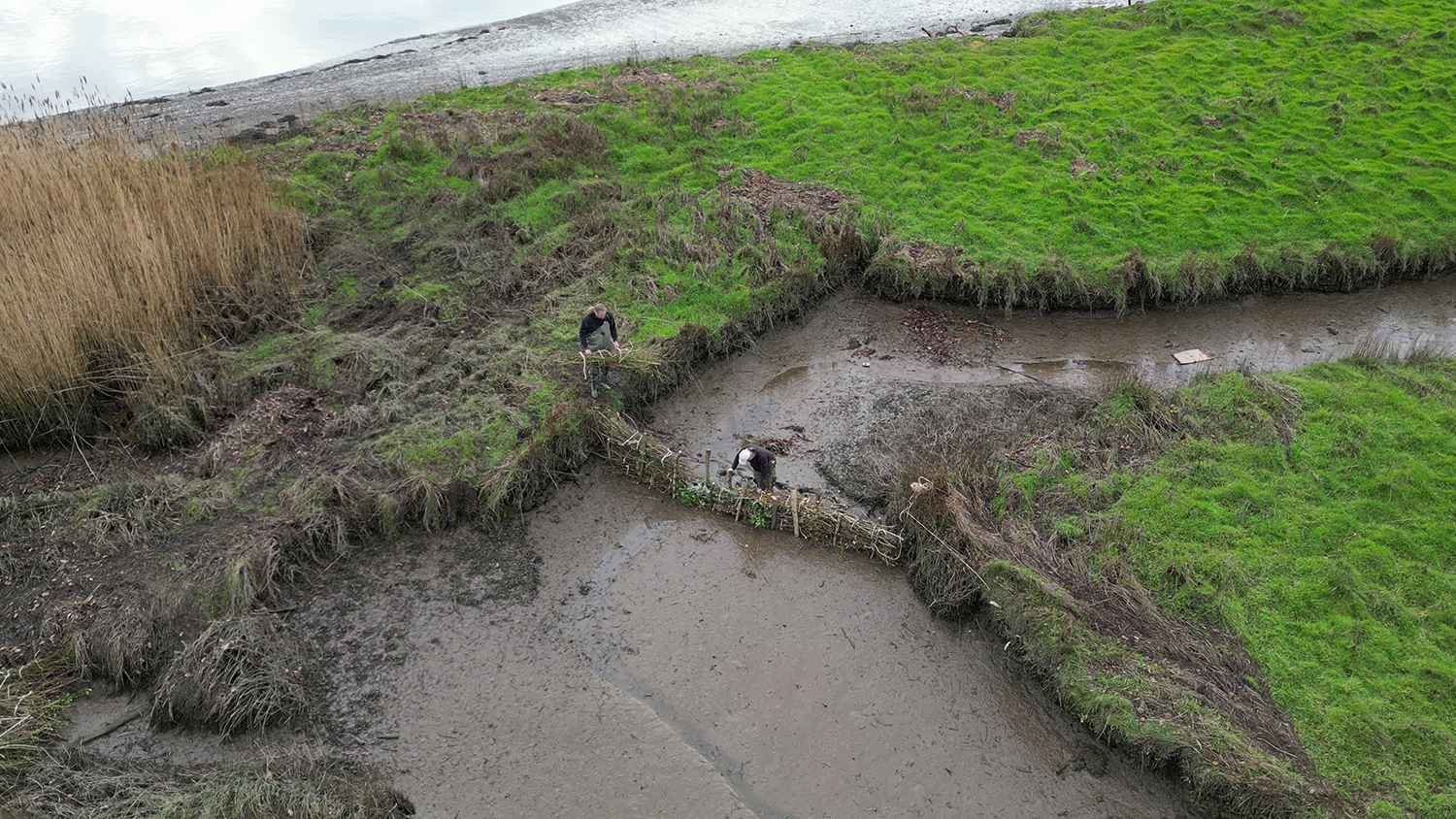Learning network
Bioregional Summer School 2026
BLC will be launching South Devon Bioregional Summer School next summer for participants to experience the full spectrum of how to work bioregionally, with South Devon as our classroom and local and international tutors sharing their work and practice. The Summer School is linked to a 'Bioregioning in Practice' Webinar Series hosted by Gaia Education and designed by the Bioregional Learning Alliance (of which BLC is a founding member).
Lighting a beacon on the Exe. Credit: Radio Exe / Lord Mayor of Exeter

South Devon Bioregional Summer School, 2026
Foregrounding the practice rather than the theory of bioregioning
Join our Summer School next summer for a week packed with learning sessions, discussions, field trips, fresh air and great food at the beautiful Rill Estate. With South Devon as our classroom, four local and five international tutors will share their bioregional work and practice. The course is designed for both newcomers and experienced practitioners in bioregioning. Learn by doing and find out how a place can become a beacon for bioregional revitalisation.
BLC's first week-long course is designed to be a collaborative experience that gives the flavour of how we practice bioregioning in South Devon. Bioregioning is the bundle of practices for working regeneratively with landscapes and whole systems in a given bioregion. We do this work in the context of climate breakdown, biodiversity loss, failing economies and political instability. Because we see bioregioning as a relational practice, we pay a good deal of attention to increasing the capacities of vitality, viability and evolution of the networks, flows and relationships that make up the landscapes and human systems such as health and food that we engage with.
The course brings together nine long-term bioregioning practitioners to share their experience and knowledge of how to do this work. We will be covering almost all aspects of bioregioning from economies to ecologies, from culture to politics. There will be a focus on how to start and how to continue; the capacities needed to lead this work; the many entry points into bioregioning and how different places around the world are tackling this work.
We will get into our place-shaped bodies and minds, guided by 'Pattern Mind' and enjoy wonderful food and the South Devon countryside.
By participating in this course you will:
- Develop an understanding of the deep-time origins of bioregioning
- Be introduced to regenerative design for systems, and bioregions in particular
- Be guided through the steps of animating a bioregion that you can find here
- Make deep dives into case studies from around the world
- Begin to "sense" the bioregion, experiencing first-hand the roles of communication, art and ecology in deepening a bioregional culture
- Consider the producer role and the competencies needed for this work
- See the workings of a bioregional economy
- Explore bioregional governance and how to interact with existing power structures, linking that to a matrix of indicators for bioregional health
- Work on a design brief for a bioregional knowledge network
- Unpack the complexities of bioregional finance and how to resource our work
This course can support your professional practice development, to go alongside your current training and professional practice. Certification is provided and we welcome those working in a wide range of fields; ecological design, landscape or urban architecture, regional development, town and rural planning, water management, ecological restoration, civic ecology, social design, food system re-localisation, regenerative tourism, new economics and the arts. We are open to writing a a letter of recommendation or supporting an application for your organisation to fund your place.
There will be space for asking questions, designing, trying things out, reflecting, asking better questions and sketching out pathways to action. You will be welcome to bring your own places, questions and experiences. As well as teaching/learning sessions, discussions and field trips there is the opportunity for 1:1s with the tutors.





